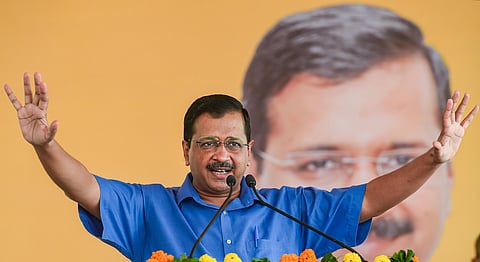

BENGALURU: Delhi has replaced Bengaluru as the start-up capital of India. Over 5,000 recognised start-ups were added in Delhi compared to 4,514 start-ups in Bengaluru between April 2019 and December 2021, the Economic Survey 2021-22 tabled in Parliament on Monday noted.
Maharashtra, with a total of 11,308 start-ups, is the state with the highest number of recognised start-ups, according to the Survey. Over 61,400 start-ups have been recognised in India as of January 10, 2022, it went on to add.
In 2021, as many as 44 start-ups turned into unicorns, thereby helping India emerge as the third highest country in tems of number of unicorns after the US and China.
The US and China added 487 and 301 unicorns respectively in 2021. As of January 14, 2022, India has 83 unicorns with a total valuation of $277.77 billion, and most of these start-ups are in the services sector.
Also, a majority of the country's start-ups are in the IT/knowledge-based sector.
From 733 start-ups in 2016-17, the number of new recognised start-ups in India have grown to over 14,000 in 2021-22.
Over the past three years, the number of start-ups in the space sector has increased from 11 in 2019 to 47 in 2021. Since ISRO/DOS doesn't register any start-ups, around 75 start-ups are shown under the space technology category in the startupindia portal. Also, some of the start-ups registered under other categories are also involved in the space domain.
During 2021, 555 districts had at least one new start-up. This is in contrast to 2016-17 when only 121 districts had at least one new start-up.